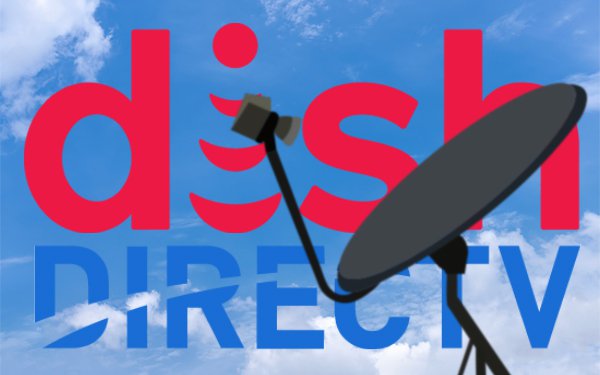
We are back to square one -- again -- for DirecTV and Dish,
with another failed deal.
But this time the glitch comes from bondholders of Echostar, owners of Dish Media and Sling TV, which don’t like the “debt exchange” part of the
deal from DirecTV.
Dish bondholders have declined to agree to exchange their debt for new debt in the merged entity at a discounted rate, taking a "haircut" of about $1.57 billion on the debt.
The merger would have created the largest U.S. legacy pay-TV distributor, with more than 19 million subscribers.
DirecTV was set to pay EchoStar $1, plus the assumption of debt.
advertisement
advertisement
This is yet another bad chapter in the on- and off-again possible combination between the two major satellite pay TV companies
-- which has gone on for decades.
In the early 2000s -- when legacy pay TV systems were more financially vibrant -- the two companies had proposed a merger, only to be rejected by U.S.
regulatory agencies for being too anticompetitive.
Now with massive cord-cutting of traditional pay TV -- and both companies continuing to lose subscribers at around 10% or so a year -- a deal
would more likely to have been approved.
What’s left for DirecTV -- a privately held company -- and Dish? It's hard to say. Echostar has been posting significant financial declines of
late -- in revenue and operating cash flow. But also had a negative free cash flow of $219 million.
For its part, CEO Bill Morrow says in the statement about the company backing out of the
deal DirecTV that "we are well positioned for the future with a strong balance sheet and support from our long-term partner TPG."
This comes as the structural underpinnings of the whole
legacy pay TV system are rapidly changing. For its part, Comcast Corp. now says it will spin off its traditional cable networks into a separate company.
NBCUniversal Group Chairman Mark
Lazarus, who will oversee the new spun-off company -- one that does not yet have a name -- is committed to making “investments.”
What does that mean? For some analysts, the new
company could pursue other cable networks looking for a home -- perhaps those from Warner Bros. Discovery or Paramount Global.
For the new company, this might mean new global deals with pay TV
providers such as DirecTV and/or Dish Network. One would assume it would seek to use some leverage with pay TV providers to perhaps raise distribution fees and/or other secure other financial
incentives.
On the other side of things, DirecTV and Dish Network are now making efforts to find ways to buoy legacy pay TV continues -- but with less leverage for each.